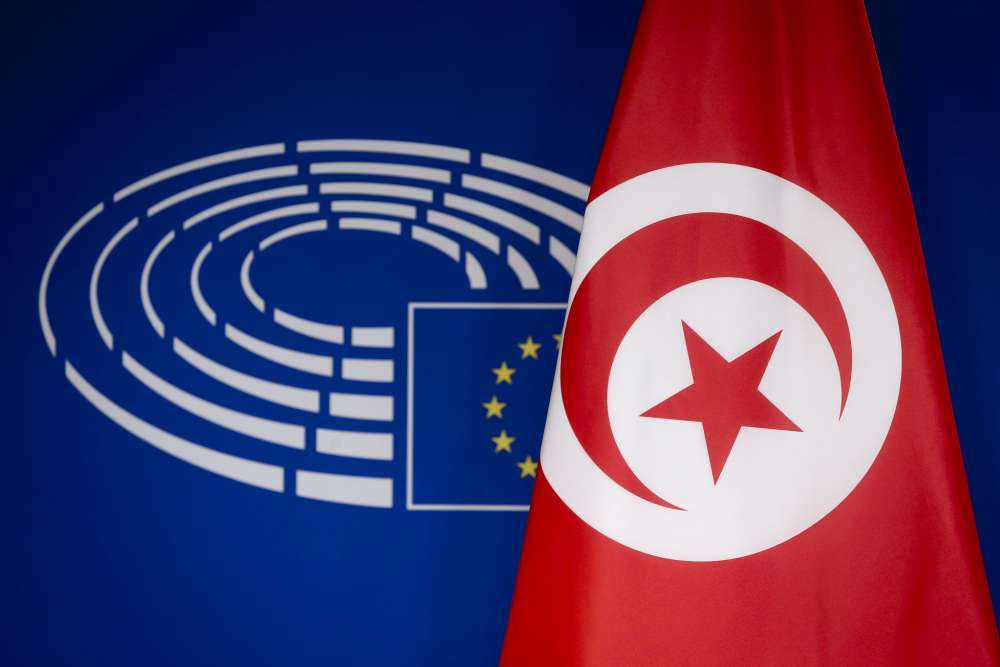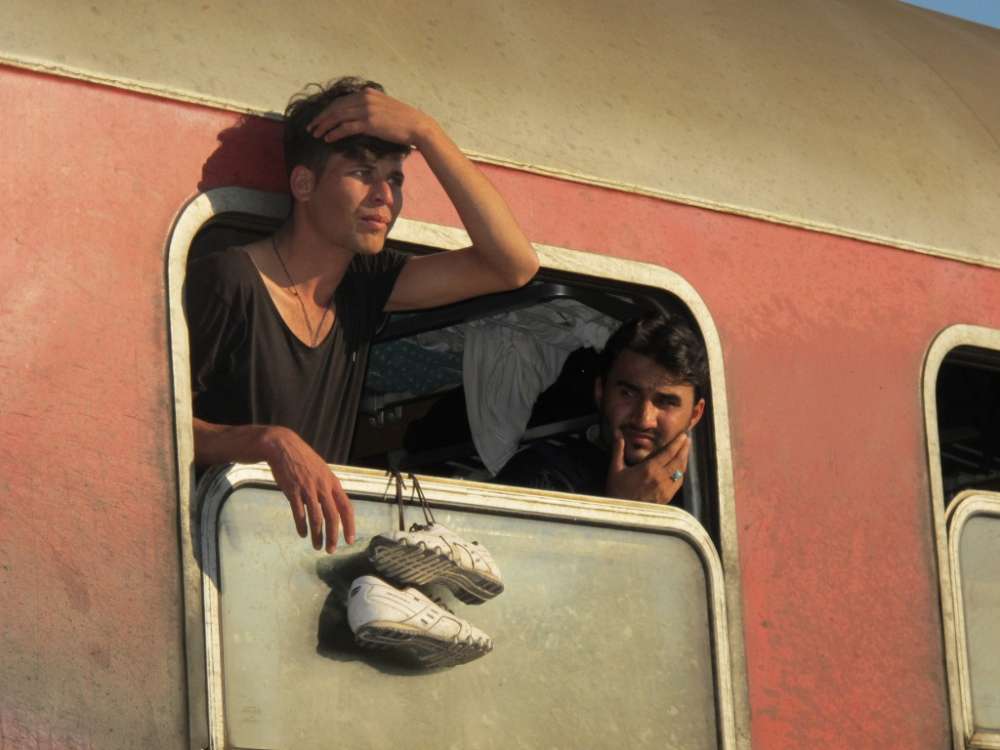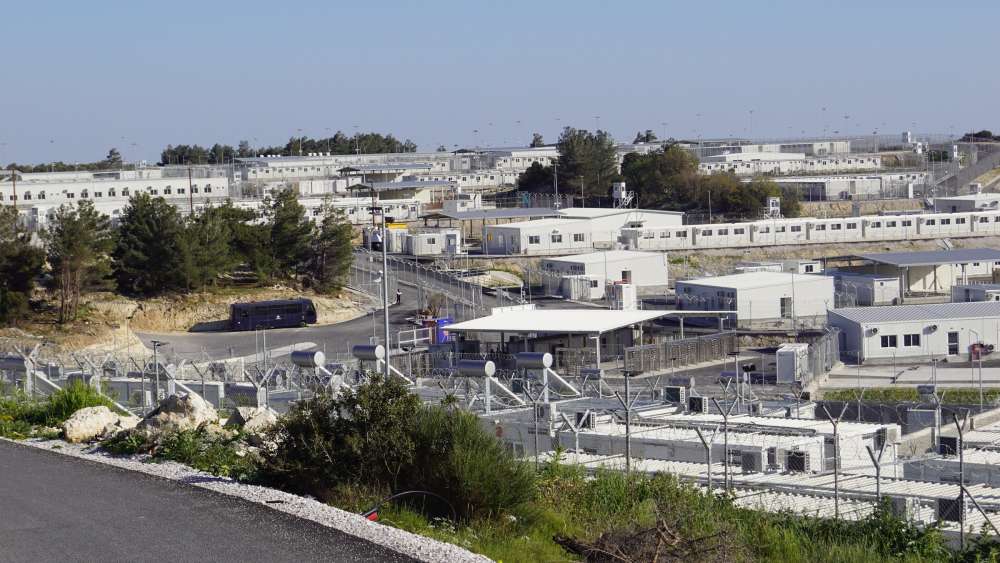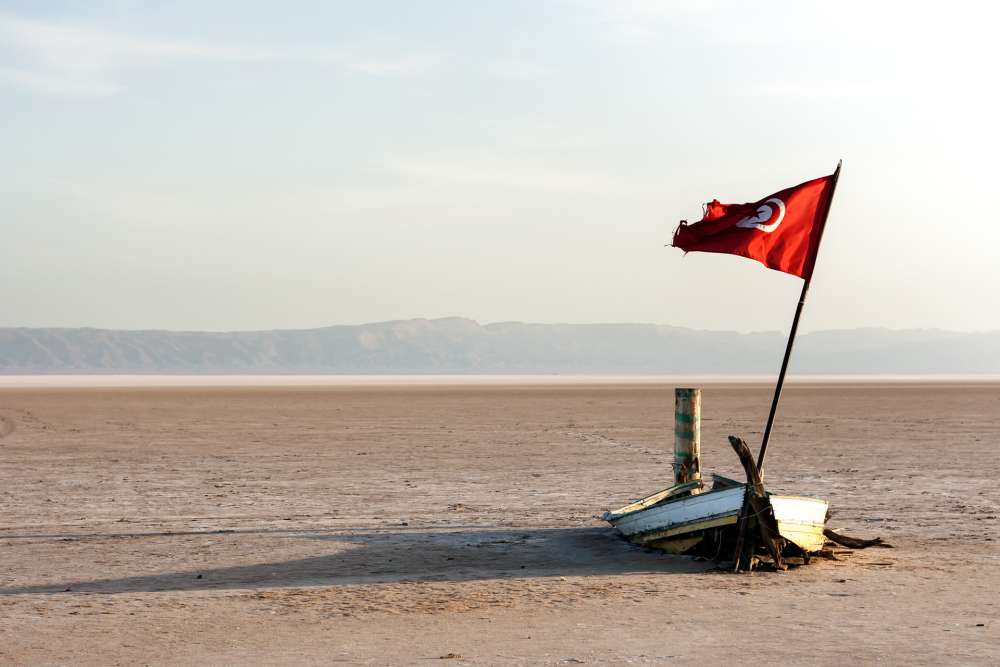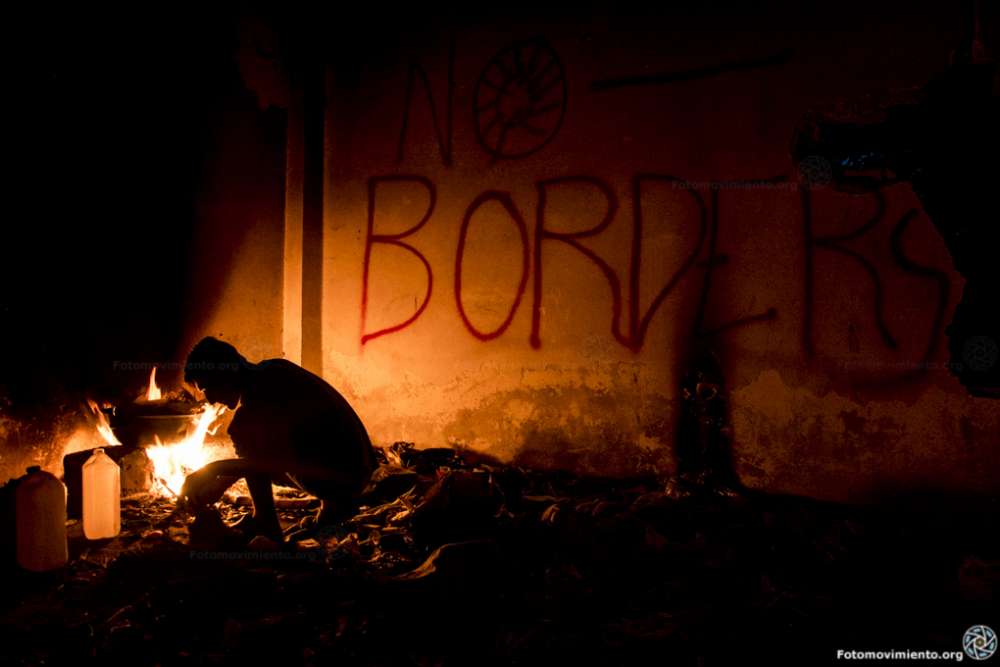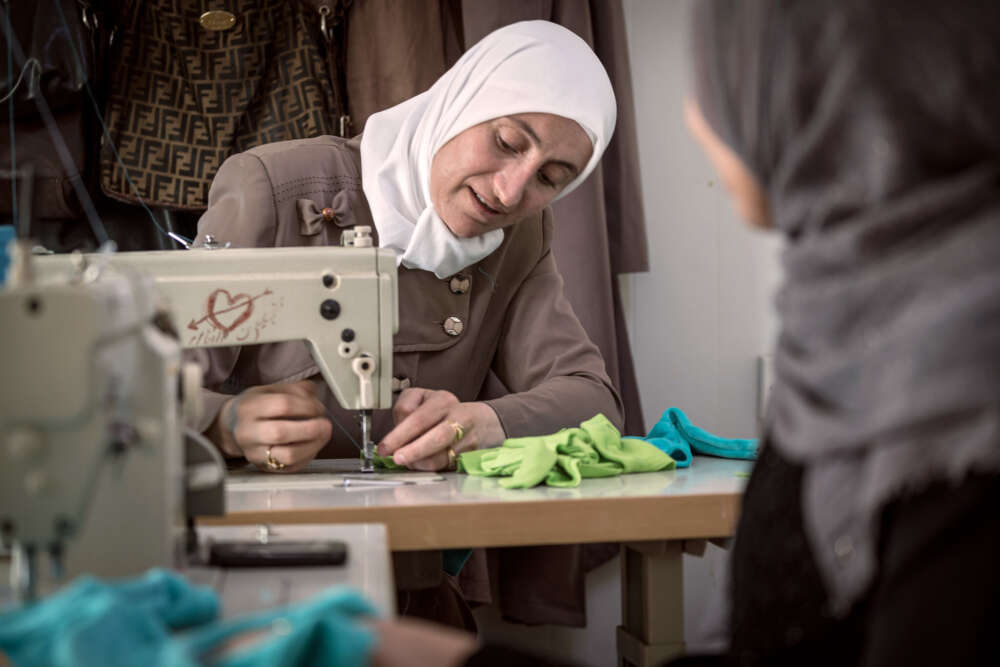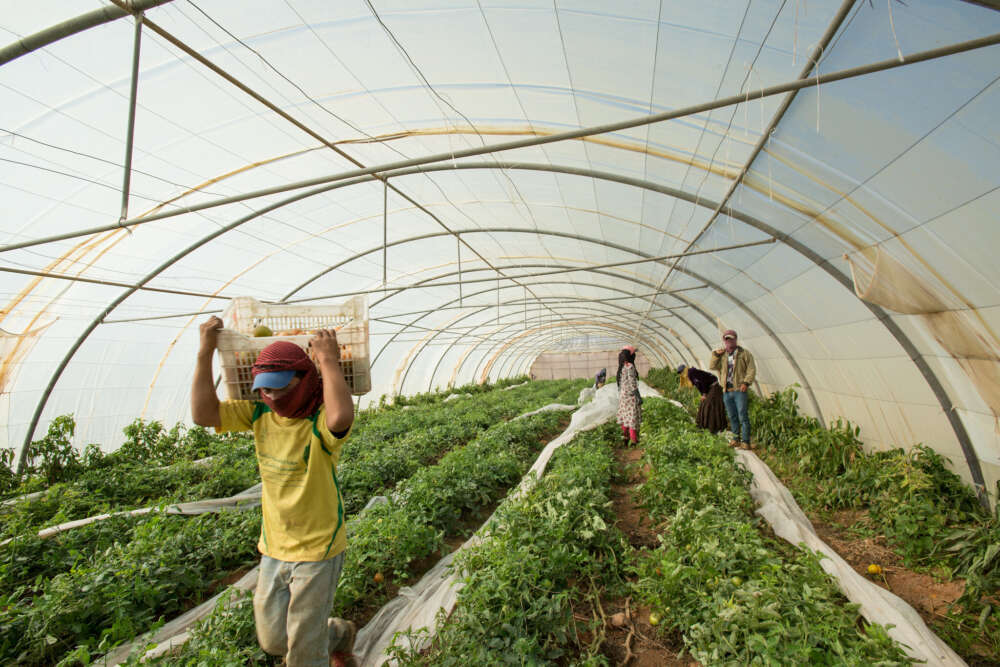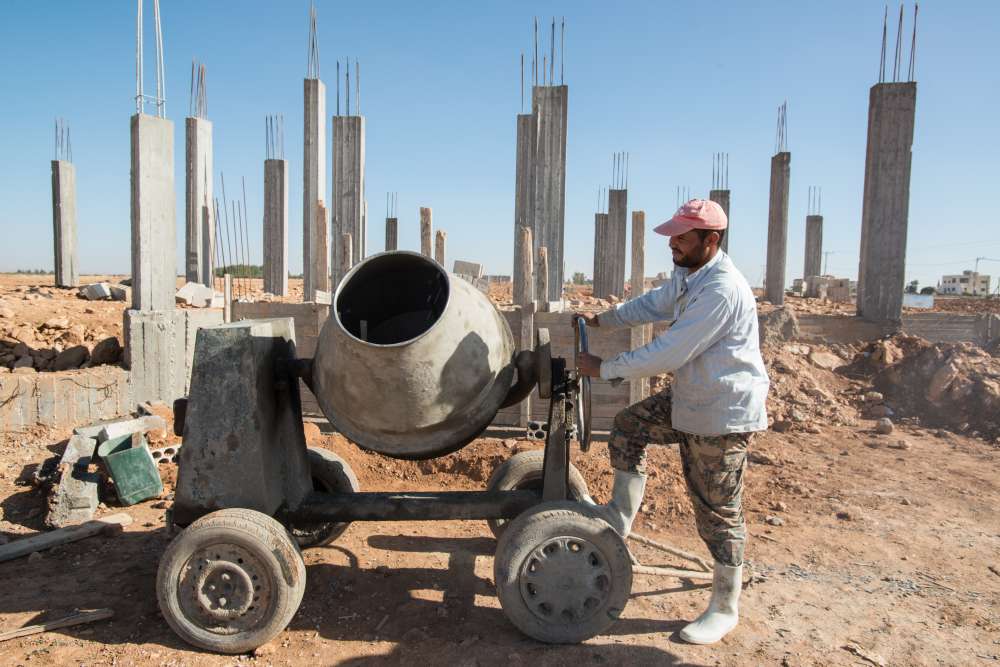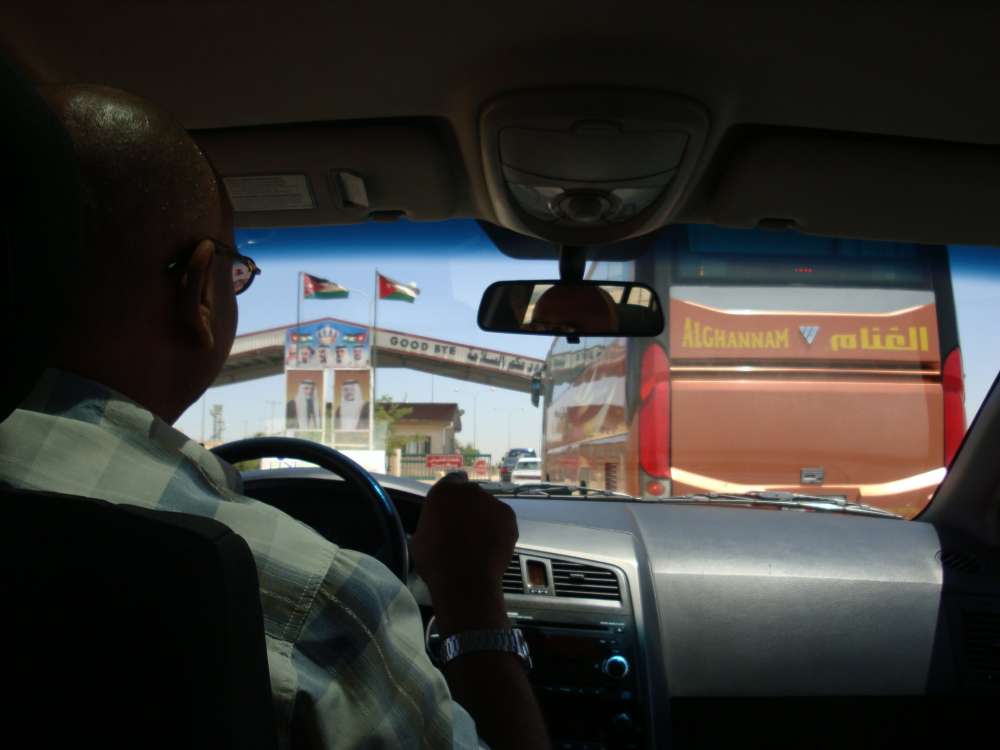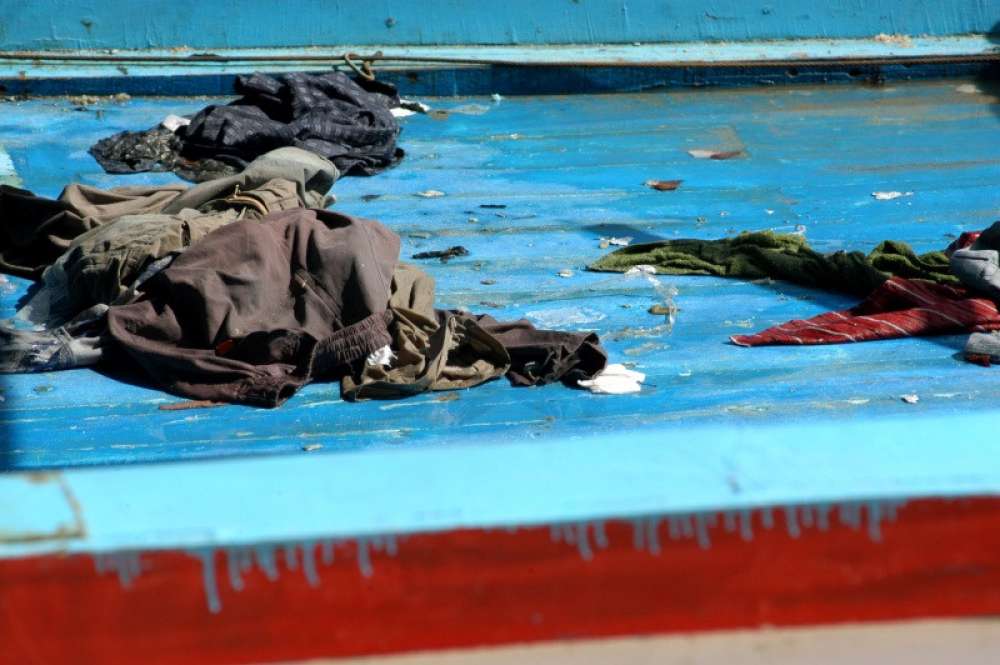ASILE: Global Asylum Governance and the EU’s Role
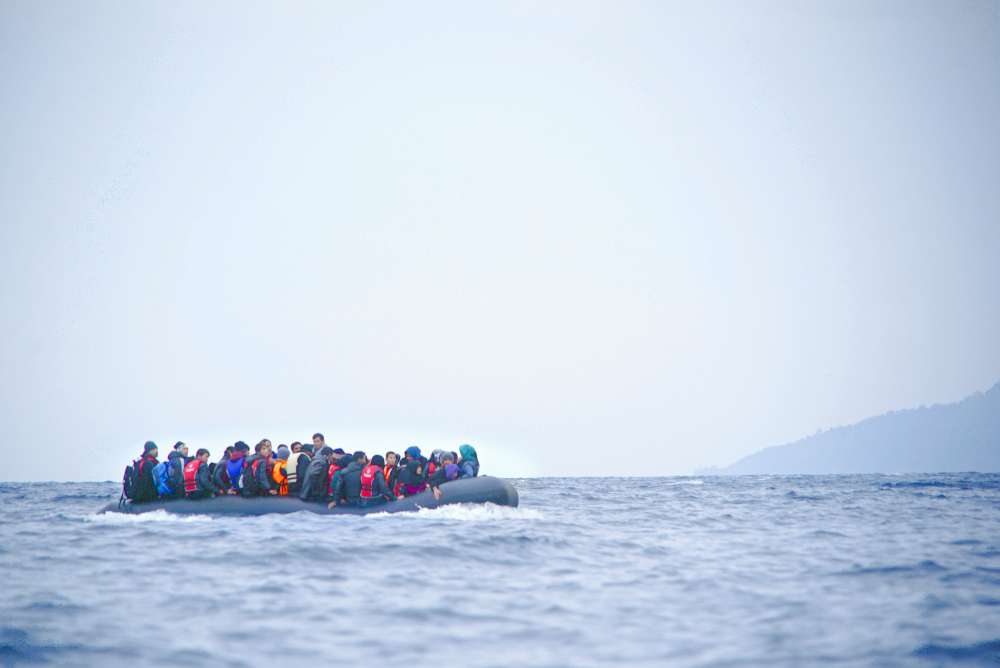
2020 – 2024
The ASILE project, a research consortium of 12 partners, explores the European Union’s role in the emerging international system for the protection of refugees. The project’s point of departure is the Global Compact on Refugees (GCR), a United Nations-led framework that seeks to strengthen responsibility sharing between governments, international organizations and other actors relevant to addressing the plight of displaced people. Together, these actors seek to ease the pressure on host countries, enhance refugees’ self-reliance, expand their access to solutions in countries other than those to which refugees first flee, and support better conditions in their countries of origin to make a safe return possible.
As part of ASILE, GPPi studies policy decisions that are relevant to the GCR in Serbia and Tunisia – two key neighboring states of the EU. We want to know: What drives these policy decisions on the reception and inclusion of asylum seekers and refugees? And which domestic and international actors are shaping the decisions?
In both cases, we found that while domestic actors play the central role, the EU is exercising a significant influence. Among others, it is the EU’s policy preference of externalization – the shifting of responsibility for border management and refugee reception to countries that are not EU member states – that influences incentives and domestic interests in neighbor countries. Through the reform of its own asylum system, the EU risks undermining its neighbors’ readiness to develop their asylum systems even further.
Project Outputs
The Tunisian Red Flag
In July, the EU and Tunisia signed a Memorandum of Understanding to address migration. But in reality, the agreement trades long-term commitments for short-term interests. How to better develop the Tunisian asylum system?
EU Asylum Reform and the Western Balkans
The Common European Asylum system’s recent reform will likely lead to push-backs at Serbia’s borders. What can the EU do to help develop Serbia’s asylum system?
No Turning Back
Tensions around the EU-Turkey Statement on the admission of Syrians in Greece are as high as ever. But even under the current conditions, there are ways to foster greater transparency and accountability. How?
Migration and Asylum in Tunisia
What role is the European Union playing in terms of refugee protection in Tunisia? An examination of how EU assistance is working – and where it may have some unintended negative effects.
Borders, Money and a B&B: The Global Compact on Refugees in Serbia.
What is shaping recent developments on refugee policy in Serbia? And in what ways is the European Union contributing?
Temporary Protection: The Ukrainian Field Trial
Two months into the Russian invasion of Ukraine, the reception of displaced people under the Temporary Protection Directive is starting to show political cracks. Where are the bottlenecks?
Funding for this project is provided by the EU’s Horizon 2020 program.
For more information on the ASILE project, visit the consortium website.
